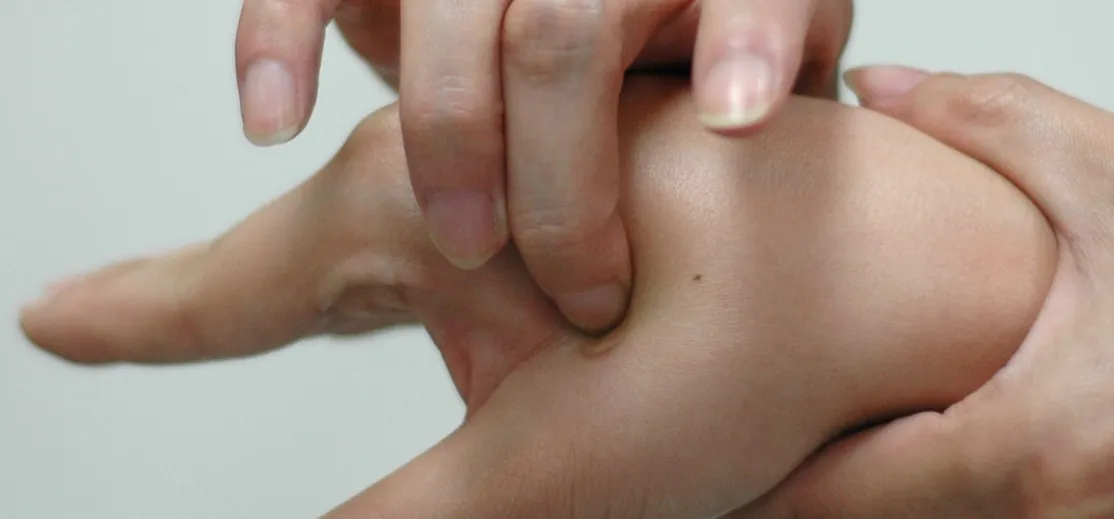I'll admit it: I've spent many eight-hour workdays stuck at my desk, staring at my computer as my breaks slip past unnoticed. I frequently tell myself I'll take one in a few more minutes—but somehow, the entire day will pass and I won't have taken a single break.
It's common for us to put off breaks at work—and, if we're being honest, we sometimes end up forgetting about them altogether. Though it might seem most productive to keep on slaving away at a task to get it finished, skipping break time is a terrible idea.
Your Brain Doesn't Shut Down During Breaks
As researchers at the University of British Columbia found, our brains stay active when off duty. When we let our minds drift off into daydreams during mini-breaks, certain regions of our brain actually see an increase in stimulation and activity. Researchers monitored participants' brain activity as they both worked on tasks and took short daydreaming breaks. The study's findings show that our brains' problem-solving areas become more active, not dormant, when we're taking a break.
Professor Kalina Christoff, the study's lead author, told Science Daily that letting your mind wander can actually help you at work: "Mind wandering is typically associated with negative things like laziness or inattentiveness. But this study shows our brains are very active when we daydream—much more active than when we focus on routine tasks."
While daydreaming occurs, we essentially flip a switch in our brains. Instead of focusing on the work before us, we begin considering problems in our lives. Taking a few minutes to marinate on these non-work situations and struggles can lead us to think bigger—which helps us solve important issues that do weigh on other aspects of our life.
Break Time Enhances Our Ability to Learn & Retain
According to Barbara Oakley, an engineering professor, getting up and leaving work behind for a break is as important as actually getting work done. Citing Charles Dickens as an excellent example of how breaks benefit our minds, Oakley says that we keep work on the back burner when we're away from our desk. In the downtime of breaks, we're subconsciously processing the tasks at hand.
Think of break time as absorption time: you're not wasting precious work minutes, but rather letting your brain soak up important information. When we're hard at work, we're focused. However, letting our brains diffuse, in Oakley's words, switches our brain to "relaxation" mode and allows it to begin making connections between what we've focused on and what we know. The more we swap back and forth between focusing and diffusing, the better problem-solvers we become.
Stepping Away Allows for Mental Refueling
Ron Friedman of the Harvard Business Review suggests that breaks can help stave off other distractions as our days drag on. Though it's tempting to continue slaving away over a tough project or when faced with a looming deadline, working without breaks exhausts your brain. Unfortunately, our ability to concentrate does have a limit—and we aren't vey good at recognizing the signs of a fatigued mind.
No matter how well work is going, your brain will eventually reach a point at which it needs a quick rest. Yet the signs of mental "sleepiness" aren't marked with yawns; instead, be on the lookout for distractions. It's time to pull away from work for a break if you find yourself wandering onto Facebook, or staring at your phone every few minutes.
Rather than giving in to the distractions, give your brain a real break. Getting up and moving, even if it's just walking to the coffeemaker, will reinvigorate your mind, making you more productive and better at ignoring tempting distractions. The boost of energy your brain receives when on break also helps keep your decision-making skills at top notch.
Make Room for Breaks Every Day
Struggling to find snag just 10 minutes away from your ever-growing workload? Make breaks easier by scheduling them. If you always make time for pre-arranged meetings and tasks, put break time on your calendar, too.
Always getting caught up with coworkers who love handing extra tasks off to you? Make your breaks small events: find something to do that gets you out of the office, whether it's a walk to the local coffee shop or a quick wander around the block.
Remember, it's all about that post-break high. When you return to your desk, you'll feel refreshed. Not only has your brain taken time to recharge and rethink what you're working on, but getting up and moving also elevates your heart rate. That little refresher will help you keep working for another few hours.
Don't Be Afraid to Take More Breaks
Taking breaks is usually something we desperately crave at work, or feel we just don't have the time to take. Yet breaks are great—and we should encourage people to take more of them. Not only will you and your coworkers become more productive, but you'll also increase your brain activity and stay sharp. Skip the burn out and just take more breaks!
Cover image via Shutterstock





























Comments
Be the first, drop a comment!